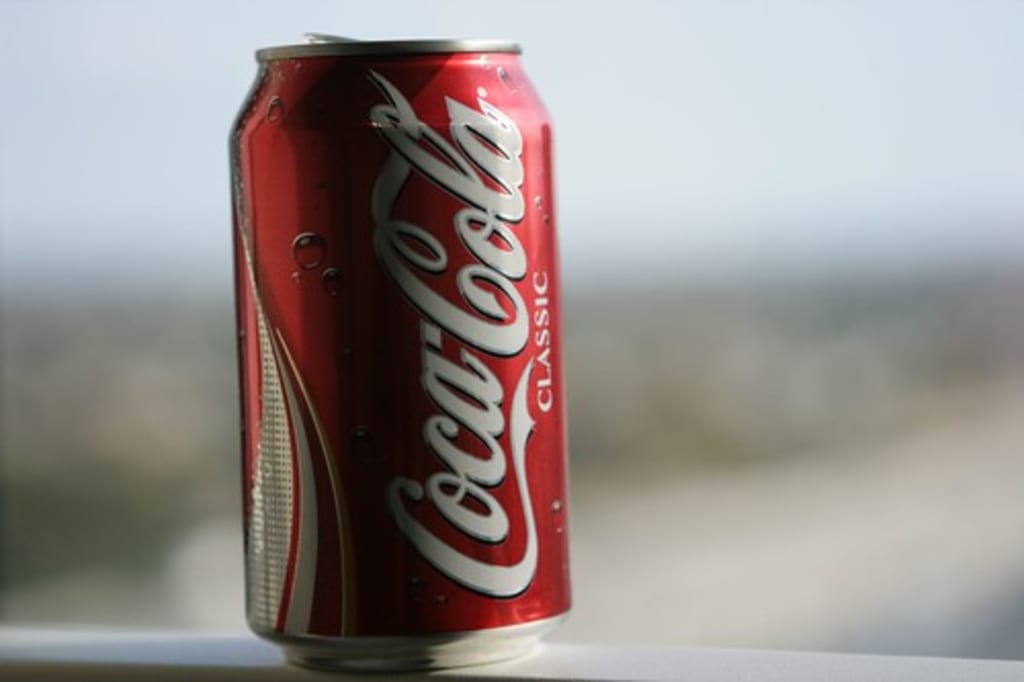The Dark Truth Behind Coca Cola
Rise to Fame

From its humble beginnings in 1886 as a simple soda fountain drink in Atlanta, Georgia, Coca Cola has become the world's most popular carbonated beverage, consumed by millions of people every day. The fizzy drink, with its catchy slogans and iconic commercials, has become a symbol of American culture around the world. However, behind Coca Cola's sparkling image lies a dark history, one that has tarnished the company's reputation and led to widespread protests and accusations of human rights abuses.
One of the most controversial aspects of Coca Cola's history is its relationship with the country of Colombia. In the 1990s, a violent conflict was raging between the Colombian government and Marxist guerrillas known as the FARC. Coca Cola's bottling plants in the country were accused of collaborating with paramilitary groups that were responsible for murdering union leaders and workers who spoke out against the company. Coca Cola denies these allegations and claims that it has no control over the local bottlers who operate its plants.
Coca Cola has also been embroiled in environmental issues in the past. In 2004, the company was accused of depleting local water resources in Kerala, India, leading to protests and calls for a boycott of Coca Cola products. The company was also accused of polluting the nearby river with toxic waste, further damaging the local ecosystem.
Furthermore, Coca Cola has long faced criticism for its use of sugar in its beverages, which is one of the leading causes of the obesity epidemic in America. The company has also been accused of trying to hide the adverse health effects of consuming sugary drinks, including a link to diabetes and other serious illnesses.
Despite these controversies, Coca Cola has managed to maintain its position as the world's leading soft drink, and a large part of this success is due to its marketing strategy. From the 1930s, the company began using catchy slogans and commercials to promote its products, accompanied by iconic images such as polar bears and Santa Claus. Its advertising campaigns of the '50s and '60s targeting the youth were particularly successful, with the company launching its first television commercials during this period.
Coca Cola's success has also been due to its constant innovation and product development. In 1982, the company launched its first diet soda, Diet Coke, which quickly became a best-seller. In 2005, it introduced Coca Cola Zero, its first sugar-free beverage marketed towards men. The company has also diversified into other products, such as sports drinks and bottled water, and has expanded its market reach through strategic partnerships and acquisitions.
Despite the dark history of Coca Cola, there is no denying that it has played a significant role in shaping American culture and the soft drink industry as a whole. The company's growth and success have been driven by its ability to adapt to changing market conditions, innovate new products, and maintain a strong marketing presence. However, it is essential that the company address the concerns raised by consumers and human rights groups, and take active steps to improve its environmental and social impact. Only then can Coca Cola truly live up to its slogan of being the 'Real Thing'.
About the Creator
Enjoyed the story? Support the Creator.
Subscribe for free to receive all their stories in your feed. You could also pledge your support or give them a one-off tip, letting them know you appreciate their work.





Comments
There are no comments for this story
Be the first to respond and start the conversation.